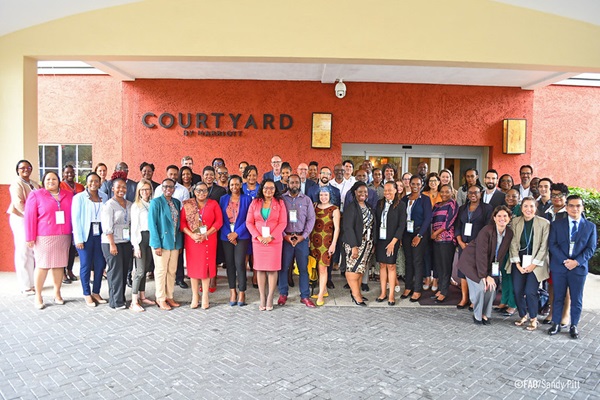News

Strengthening Social Protection Systems in the Caribbean to Adapt to Climate Change
16/05/2024
The Regional Workshop "Strengthening Social Protection Systems in the Caribbean to Adapt to Climate Change: Opportunities and Challenges" underscores...

Think-PA Webinar: Behind the scenes of the 'Unjust Climate'
18/04/2024
Behind the Scenes of the "Unjust Climate" Report: A Review of the Data and Tools Used to Measure the Impacts of Climate Change on the Rural Poor, Women,...
.tmb-th600x400.png?Culture=en&sfvrsn=bba167fc_1)
Think-PA seminar on Well-being Dynamics in Sub-Saharan Africa: A Spatial Perspective across territorial typologies
19/03/2024
In sub-Saharan Africa, limited detailed data hinders efforts to track poverty trends spatially. Authors use the ATLAS-AI dataset to study welfare dynamics,...

Integrating Environmental and Socioeconomic Domains for Sustainability
05/03/2024
The 4th IEO-EED Conference focused on how evaluation practice has increasingly integrated the cross-pollination of environmental, socioeconomic, and...
IN FOCUS
The unjust climate
This report assembles an impressive set of data from 24 low- and middle-income countries in five world regions to measure the effects of climate change on rural women, youths and people living in poverty. It analyses socioeconomic data collected from 109 341 rural households (representing over 950 million rural people) in these 24 countries. These data are combined in both space and time with 70 years of georeferenced data on daily precipitation and temperatures. The data enable us to disentangle how different types of climate stressors affect people’s on-farm, off-farm and total incomes, labour allocations and adaptive actions, depending on their wealth, gender and age characteristics.
Publications
The Unjust Climate
05/03/2024

